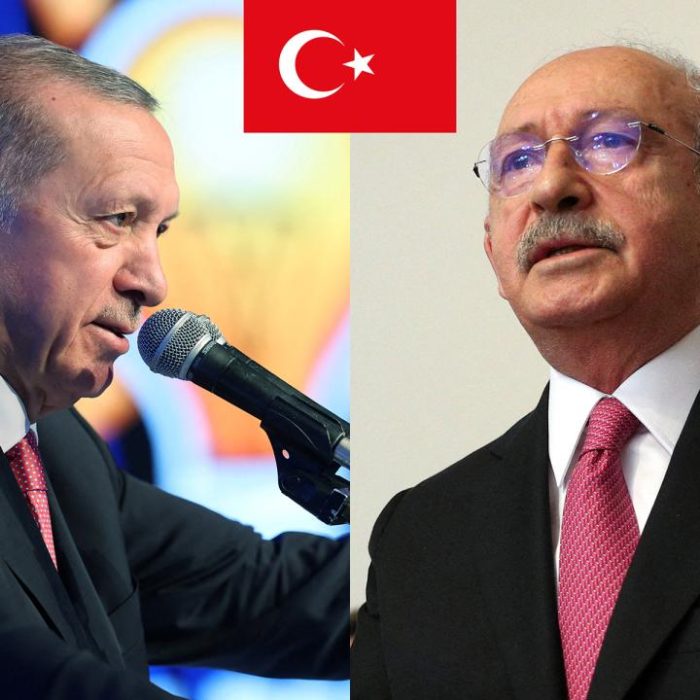Turkey vote can end Erdogan’s rule
ISTANBUL (Reuters): Turks voted on Sunday in one of the most important elections in modern Turkey’s 100-year history, which could either unseat President Tayyip Erdogan and halt his government’s increasingly authoritarian path or usher in a third decade of his rule.
The vote will decide not only who leads Turkey, a NATO-member country of 85 million, but also how it is governed, where its economy is headed amid a deep cost of living crisis, and the shape of its foreign policy, which has taken unpredictable turns.
Opinion polls give Erdogan’s main challenger, Kemal Kilicdaroglu, who heads an alliance of six opposition parties, a slight lead, but if either of them fail to get more than 50% of the vote there will be a runoff election on May 28.
Voters will also elect a new parliament, likely a tight race between the People’s Alliance comprising Erdogan’s conservative Islamist-rooted AK Party (AKP) and the nationalist MHP and others, and Kilicdaroglu’s Nation Alliance formed of six opposition parties, including his secularist Republican People’s Party (CHP), established by Turkey’s founder Mustafa Kemal Ataturk.
Polls opened at 8 a.m. (0500 GMT) and will close at 5 p.m. (1400 GMT). Under Turkish law, the reporting of any results is banned until 9 p.m. By late on Sunday there could be a good indication of whether there will be a runoff vote for the presidency.
In Diyarbakir, a city in the mainly Kurdish southeast which was hit by a devastating earthquake in February, some said they had voted for the opposition and others for Erdogan.
“A change is needed for the country,” said Nuri Can, 26, who cited Turkey’s economic crisis as the reason for voting for Kilicdaroglu. “After the election there will be an economic crisis at the door again, so I wanted change.”
But Hayati Arslan, 51, said he had voted for Erdogan and his AK Party.
“The country’s economic situation is not good but I still believe that Erdogan will fix this situation. Turkey’s prestige abroad has reached a very good point with Erdogan and I want this to continue,” he said.
Queues formed at polling stations in the city, with some 9,000 police officers on duty across the province.
Many in the provinces affected by the earthquake, which killed more than 50,000 people, have expressed anger over the slow initial government response but there is little evidence that the issue has changed how people will vote.


Comments are closed.